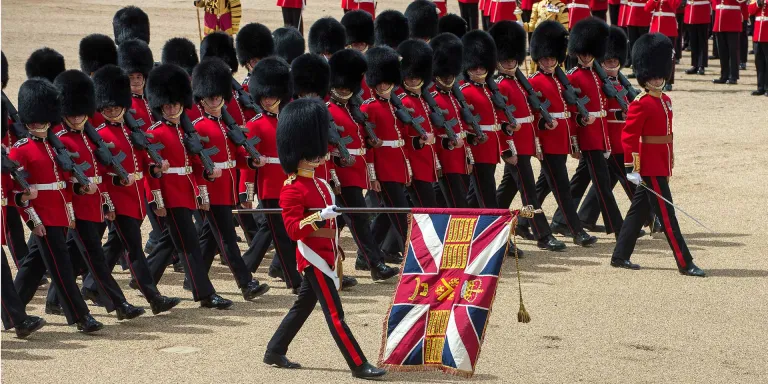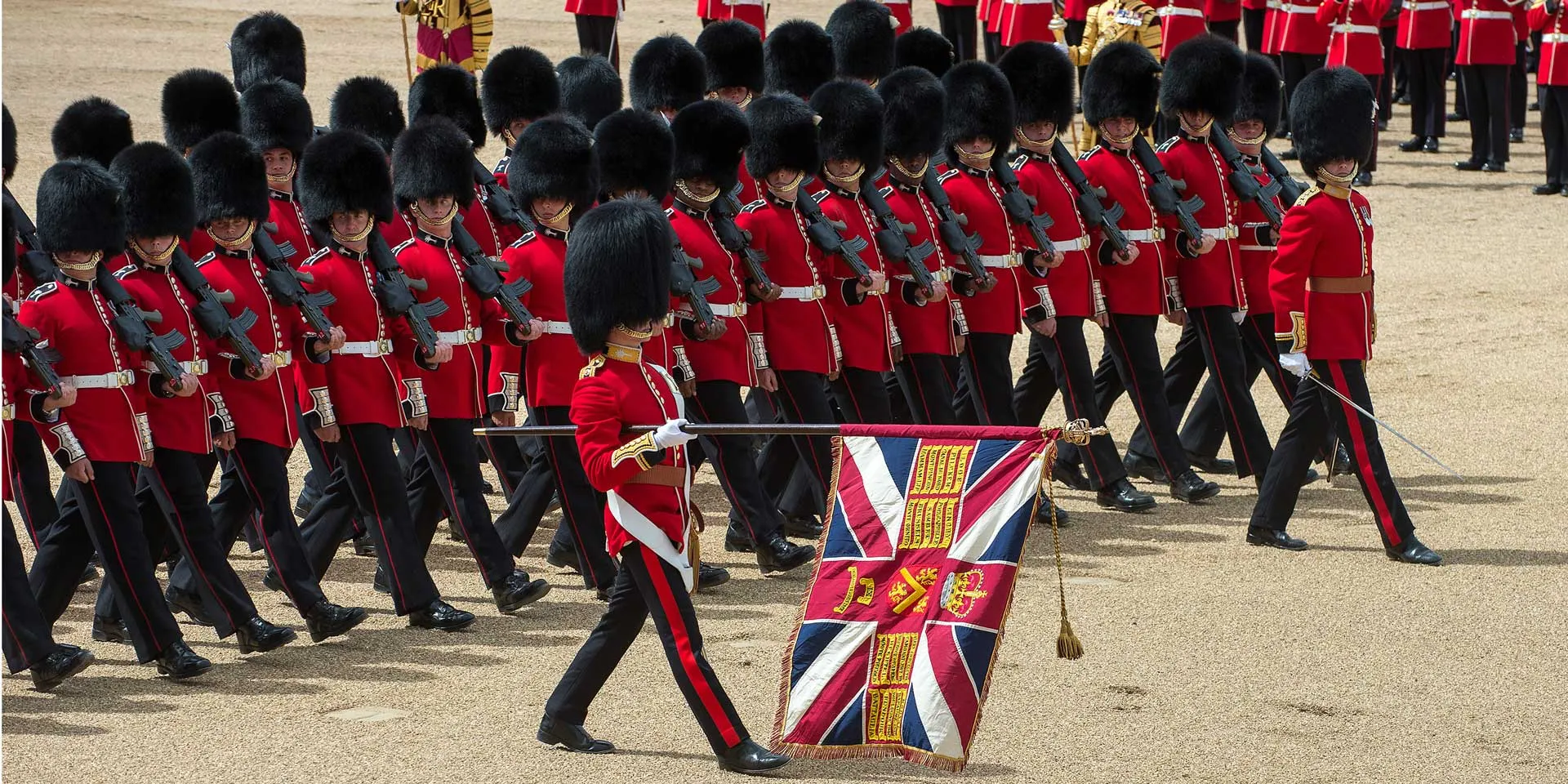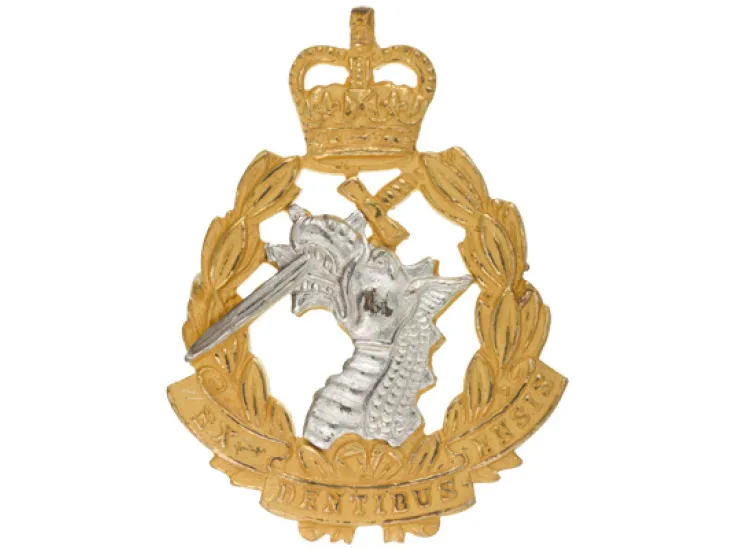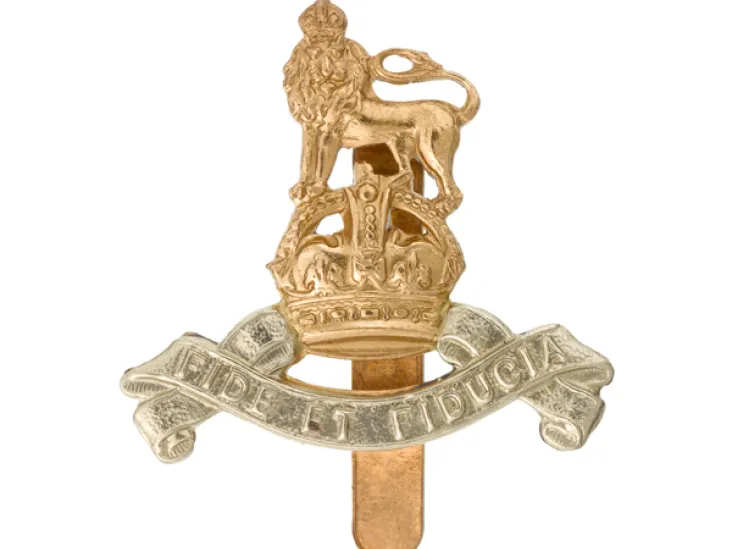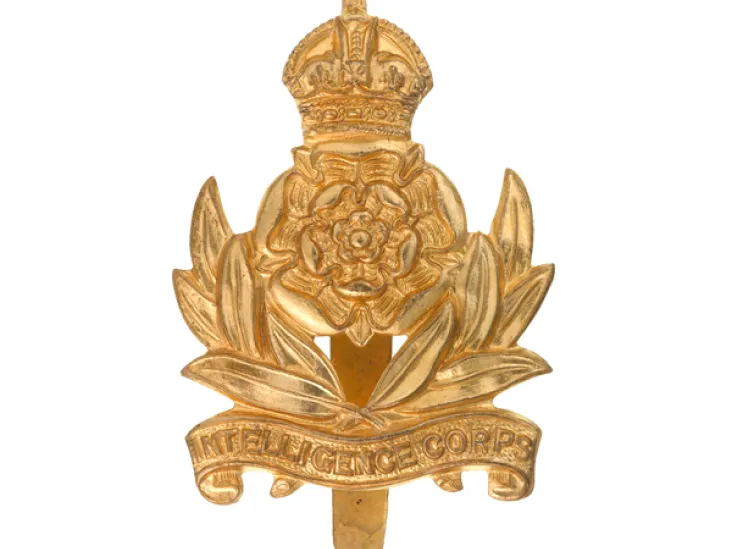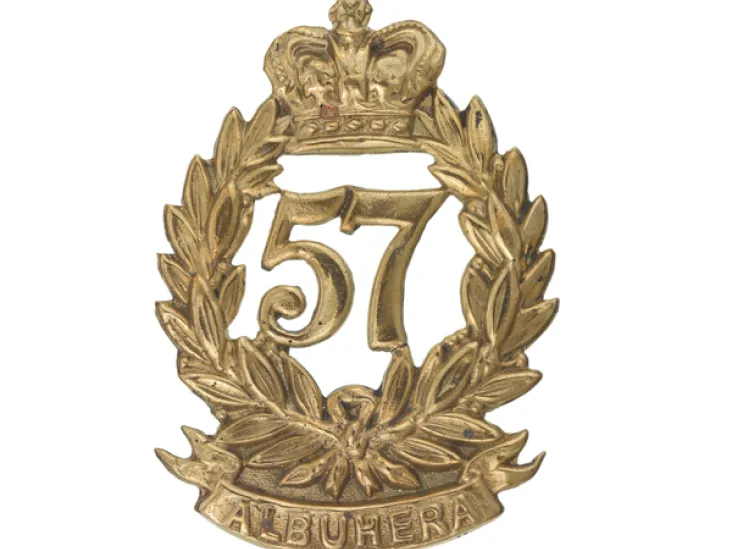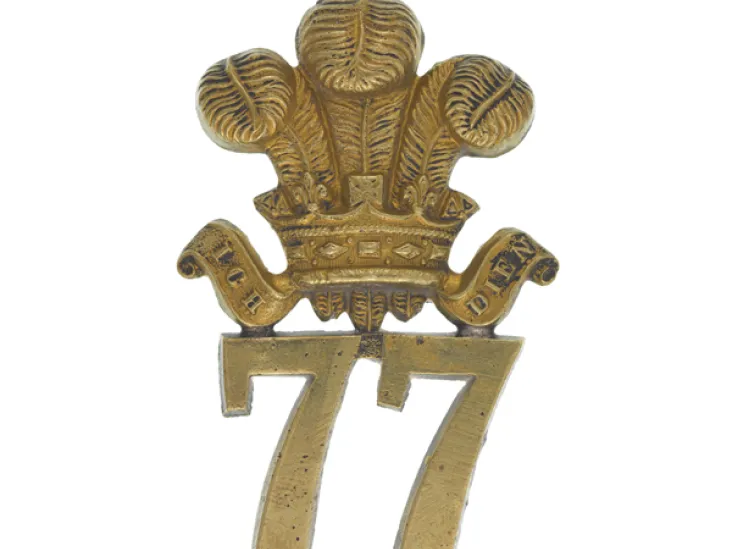Formed in 1921, the Royal Army Dental Corps took care of the British Army’s oral hygiene for over a century, both in barracks and on active operations. In 2024, it merged with two other corps to form the Royal Army Medical Service.
explore this story
